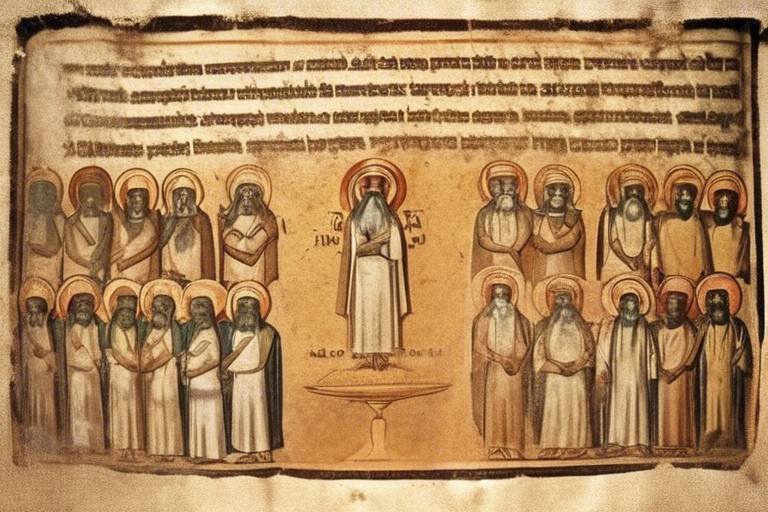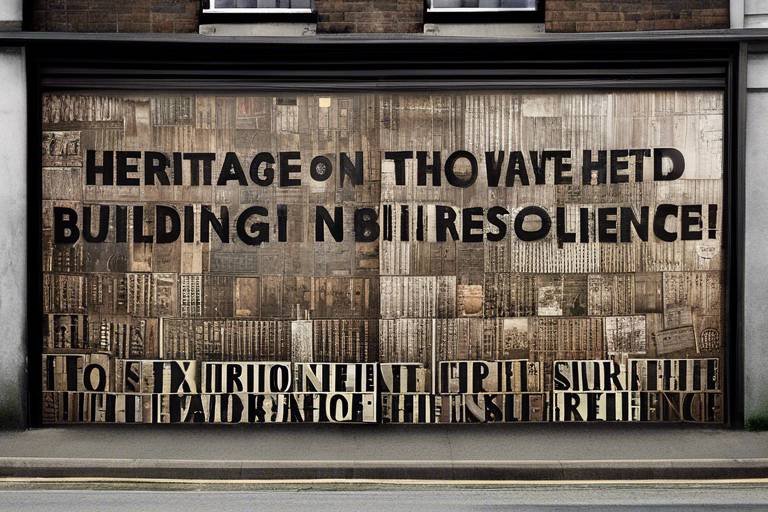The Role of Cultural Heritage in Diplomacy
Cultural heritage plays a pivotal role in shaping diplomatic relations between nations, serving as a powerful tool that influences international cooperation and understanding. The rich tapestry of traditions, customs, and historical legacies embedded within cultural heritage serves as a bridge connecting diverse societies across the globe.
When nations invest in the preservation of cultural heritage sites, they are not merely safeguarding historical landmarks and artifacts; they are also fostering cultural diplomacy and promoting mutual respect. These sites serve as tangible reminders of shared histories and values, transcending political boundaries and fostering a sense of unity among nations.
Facilitating cross-cultural communication through cultural exchange programs is essential in enhancing diplomatic ties and promoting global harmony. By showcasing traditions, arts, and values, these initiatives create opportunities for individuals from different cultures to engage in meaningful interactions, fostering a sense of empathy and understanding.
Art and music diplomacy harness the universal language of artistic expressions to bridge cultural gaps and promote peaceful interactions among nations. Through creative mediums, countries can convey messages of peace, unity, and cooperation, transcending linguistic barriers and fostering cultural dialogue.
Historical narratives play a crucial role in diplomacy, as shared understandings of the past can either strengthen or strain diplomatic relationships between countries. By acknowledging and reconciling differing historical perspectives, nations can build trust and forge stronger bonds based on mutual respect and understanding.
The UNESCO World Heritage Sites hold immense significance in preserving and promoting cultural heritage as a tool for fostering international cooperation and diplomacy. These sites serve as symbols of collective human achievement, transcending national boundaries and promoting a sense of shared global heritage.
Soft power and cultural diplomacy highlight how a nation's cultural assets can be leveraged to enhance its global influence and diplomatic standing. By projecting cultural strengths and values on the world stage, countries can shape perceptions, build alliances, and foster goodwill among international counterparts.
Heritage tourism plays a vital role in diplomatic relations by contributing to building bridges between nations and promoting intercultural dialogue. Through visits to cultural heritage sites, tourists engage with diverse traditions and histories, fostering cross-cultural understanding and promoting peaceful coexistence.
Digital heritage and virtual diplomacy have emerged as innovative tools in showcasing cultural heritage virtually to enhance diplomatic engagement and promote cultural understanding. Through digital platforms, nations can reach global audiences, offering immersive experiences that transcend physical boundaries and foster digital cultural diplomacy.

Preservation of Cultural Heritage Sites
Exploring how cultural heritage shapes diplomatic relations between nations and influences international cooperation and understanding.
The preservation of cultural heritage sites plays a crucial role in fostering mutual respect and understanding among nations. By safeguarding historical landmarks and artifacts, countries not only protect their own history but also contribute to the global cultural tapestry. These sites serve as tangible links to the past, connecting present generations with their ancestors and traditions.

Cultural Exchange Programs
Exploring how cultural heritage shapes diplomatic relations between nations and influences international cooperation and understanding.
The importance of safeguarding historical landmarks and artifacts for fostering cultural diplomacy and promoting mutual respect.
Facilitating cross-cultural communication through initiatives that showcase traditions, arts, and values to enhance diplomatic ties and global harmony.
Utilizing artistic expressions as a universal language to bridge cultural gaps and promote peaceful interactions among nations.
Examining how shared historical narratives can either strengthen or strain diplomatic relationships between countries.
The significance of UNESCO's role in preserving and promoting cultural heritage as a tool for fostering international cooperation and diplomacy.
Understanding how a nation's cultural assets can be leveraged to enhance its global influence and diplomatic standing.
Exploring how tourism to cultural heritage sites can contribute to building bridges between nations and promoting intercultural dialogue.
The role of digital platforms in showcasing cultural heritage virtually to enhance diplomatic engagement and promote cultural understanding.

Art and Music Diplomacy
Art and Music Diplomacy play a crucial role in international relations by transcending language barriers and fostering connections through creative expressions. Artistic endeavors have the power to evoke emotions, spark conversations, and build bridges between diverse cultures. Music, with its universal appeal, can resonate with people across borders, creating a shared experience that goes beyond words.
Through art exhibitions, cultural performances, and collaborative projects, countries can showcase their unique heritage and creativity, opening doors for dialogue and understanding. Artists serve as cultural ambassadors, conveying messages of peace and unity through their work. Whether it's a painting, a sculpture, or a musical composition, art has the ability to communicate complex ideas in a way that words sometimes cannot.
Music, as a form of cultural expression, has the power to bring people together, transcending political differences and fostering mutual respect. From traditional folk songs to contemporary compositions, music can serve as a powerful tool for diplomacy, creating connections that transcend borders and ideologies. Concerts, music festivals, and collaborative performances offer opportunities for cultural exchange and dialogue, promoting harmony and cooperation on a global scale.
Art and Music Diplomacy not only promote cultural understanding but also contribute to building lasting relationships between nations. By celebrating creativity and heritage, countries can find common ground and forge partnerships based on shared values and appreciation for diversity. Through the universal language of art and music, diplomacy takes on a new dimension, one that is rich in symbolism, emotion, and connection.
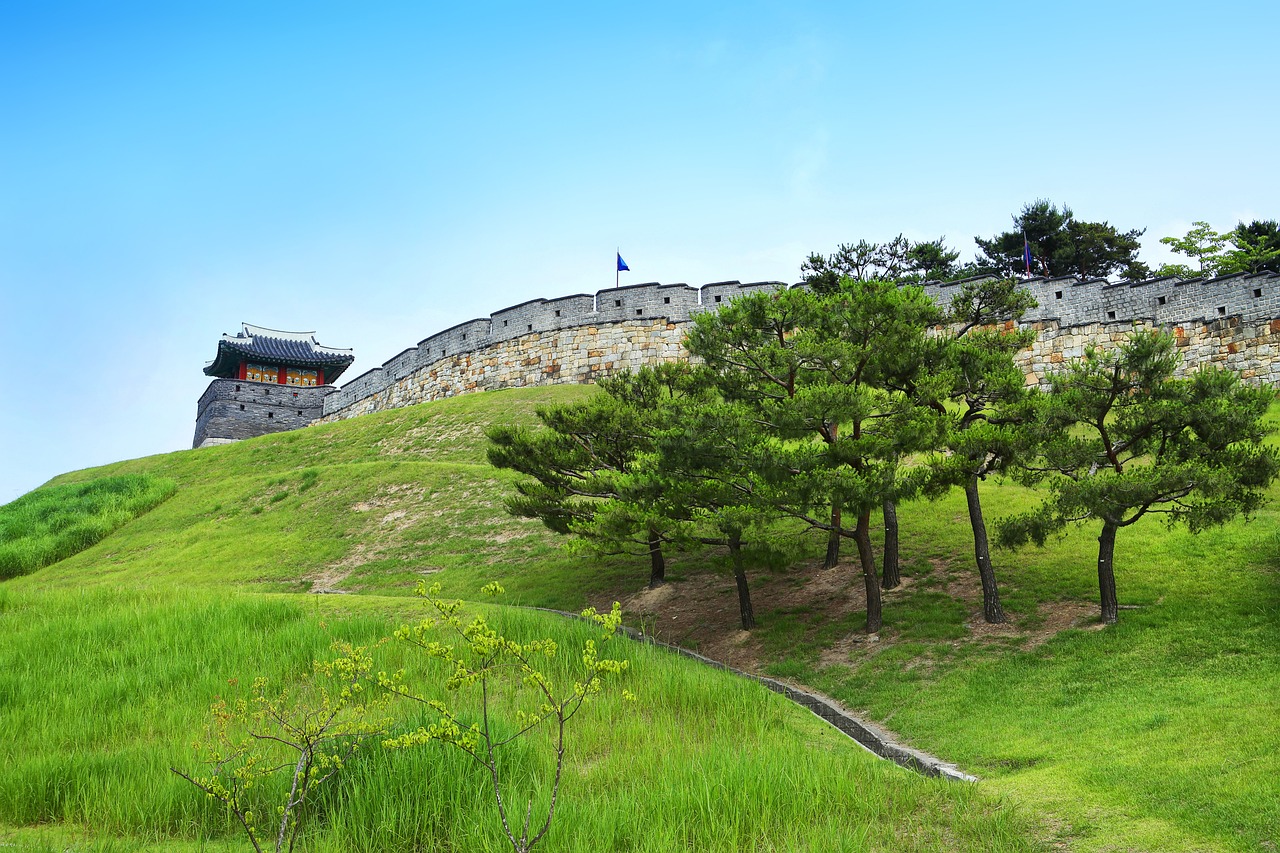
Historical Narratives in Diplomacy
Historical narratives play a crucial role in shaping diplomatic relations between nations, serving as the foundation upon which interactions are built. These narratives, often intertwined with complex historical events and cultural perspectives, can either strengthen diplomatic ties or create tensions between countries. By acknowledging and respecting each other's historical narratives, nations can establish a common ground for dialogue and cooperation.
When historical narratives are aligned and mutually recognized, they can serve as a unifying force, fostering understanding and empathy among nations. On the other hand, conflicting historical interpretations can lead to misunderstandings and conflicts, hindering diplomatic efforts and cooperation. It is essential for countries to engage in constructive dialogue to address historical grievances and move towards reconciliation.
Through diplomatic channels, nations can work towards reconciling differing historical narratives by promoting dialogue, education, and cultural exchanges. By acknowledging the diverse perspectives on historical events, countries can build trust and mutual respect, paving the way for enhanced diplomatic relations. Historical narratives, when approached with openness and sensitivity, can become a catalyst for building bridges between nations and promoting peace.

UNESCO World Heritage Sites
UNESCO World Heritage Sites play a crucial role in preserving the cultural identity and history of humanity. These sites are recognized for their outstanding universal value and are protected to ensure they are passed down to future generations. By safeguarding these sites, UNESCO aims to promote global cooperation and understanding through shared heritage.
These sites are not just landmarks; they are symbols of the collective achievements and values of different civilizations throughout history. They serve as a reminder of our interconnected past and the need to respect and appreciate diverse cultures. Visiting a UNESCO World Heritage Site is like stepping into a time capsule that tells the story of our shared human experience.
Moreover, UNESCO World Heritage Sites are not only important for cultural preservation but also for sustainable development. They attract tourists from all over the world, boosting local economies and creating opportunities for cultural exchange. By promoting responsible tourism, these sites can contribute to fostering diplomatic relations between nations.
Each UNESCO World Heritage Site is a testament to the creativity, ingenuity, and craftsmanship of our ancestors. Whether it's the breathtaking architecture of the Taj Mahal in India or the natural beauty of the Great Barrier Reef in Australia, these sites inspire awe and admiration. They serve as a bridge between the past and the present, connecting us to our roots and shaping our collective future.
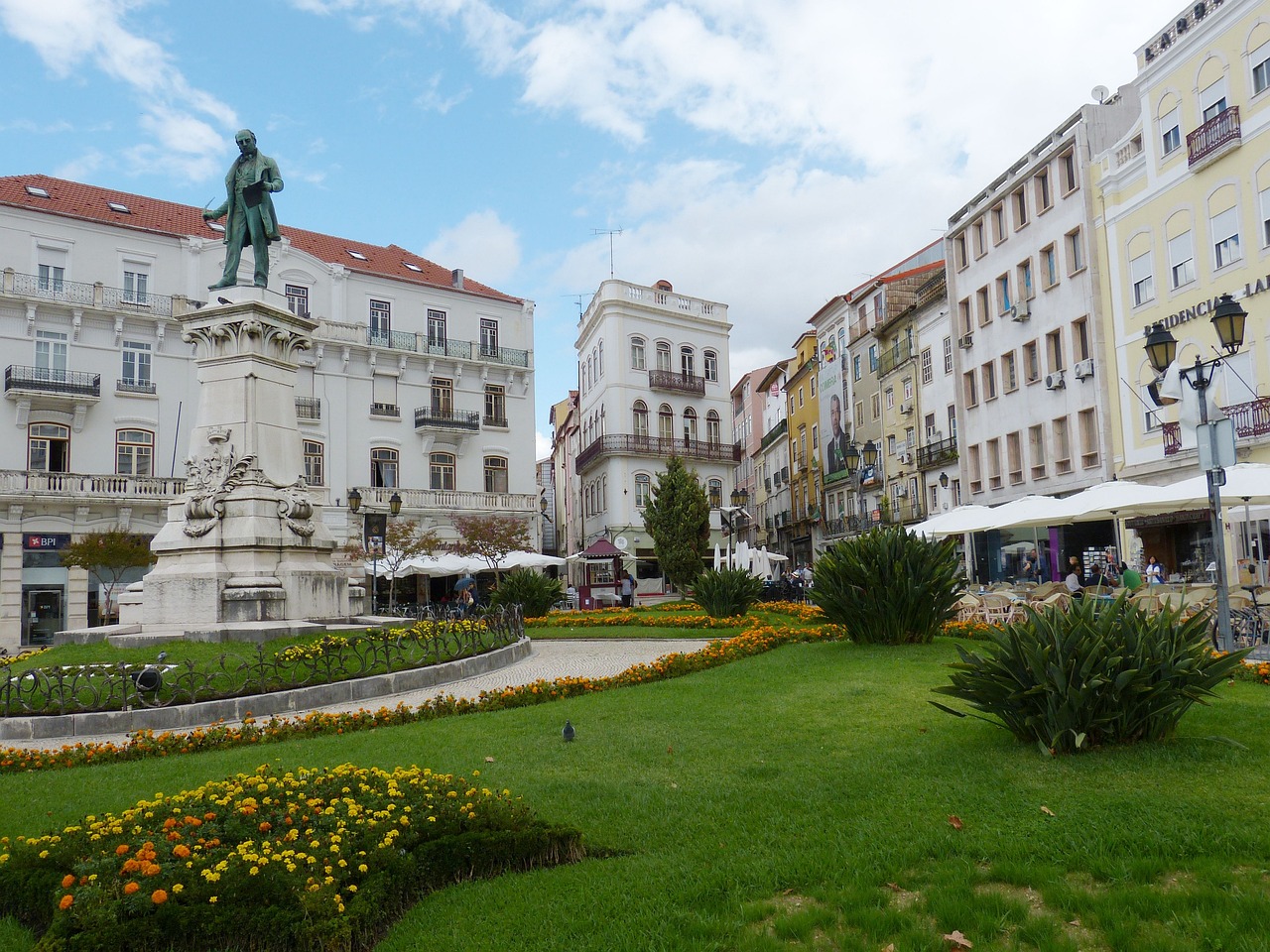
Soft Power and Cultural Diplomacy
Soft power plays a pivotal role in shaping a nation's diplomatic strategies by leveraging its cultural assets to enhance global influence and foster positive relationships with other countries. In the realm of international relations, soft power refers to the ability to attract and persuade others through cultural values, policies, and ideals rather than through coercion or force. Cultural diplomacy, as a key component of soft power, utilizes a country's cultural heritage, arts, language, and traditions to build bridges of understanding and cooperation across borders.
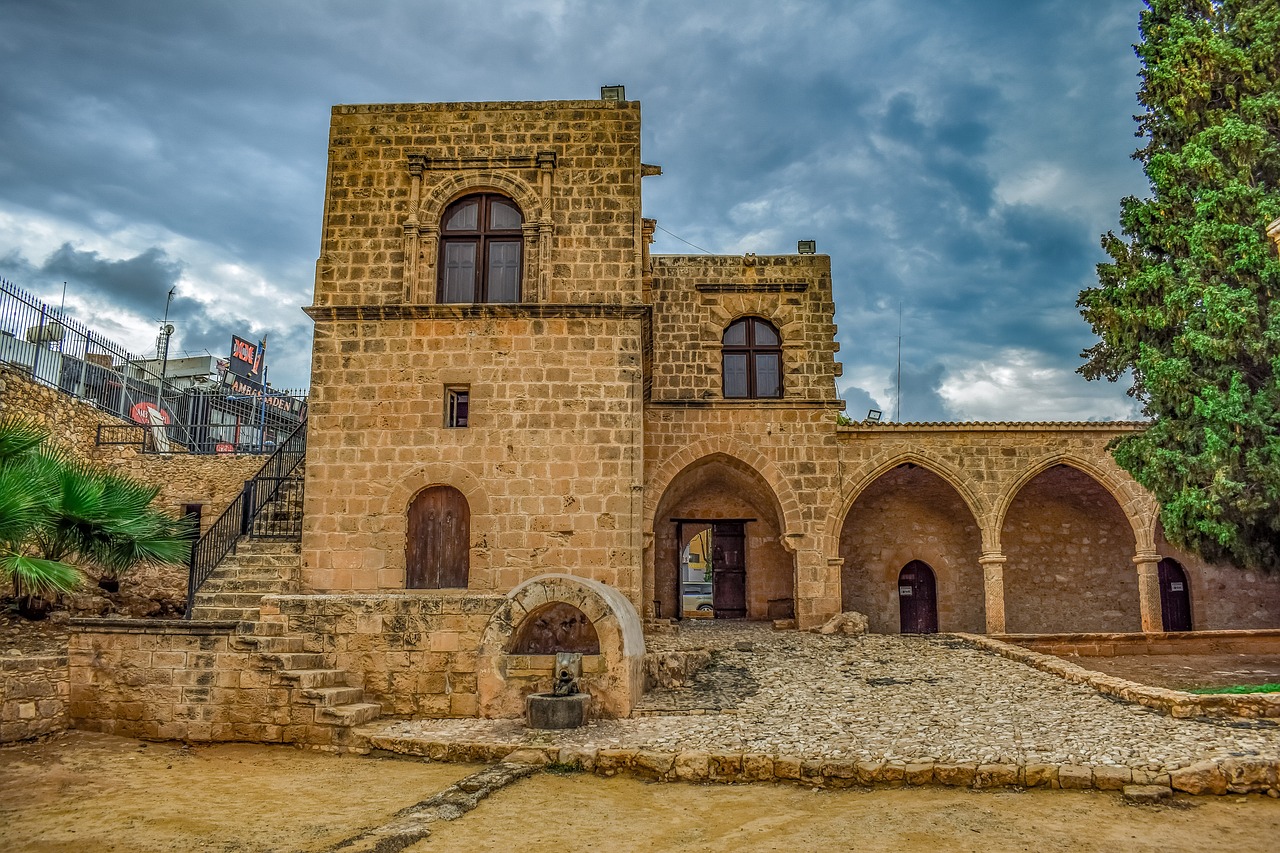
Heritage Tourism and Diplomatic Relations
Heritage tourism plays a crucial role in strengthening diplomatic relations between nations by fostering a deeper understanding and appreciation of each other's cultural heritage. When tourists visit historical sites, they not only contribute to the local economy but also engage in cultural exchanges that promote mutual respect and cooperation.
By experiencing the rich history and traditions of a country firsthand, visitors develop a sense of connection with the local community, breaking down barriers and building bridges between different cultures. This personal interaction can lead to meaningful dialogues and collaborations that transcend geopolitical boundaries.
Moreover, heritage tourism can serve as a powerful tool for promoting intercultural dialogue and peace-building efforts. When people from diverse backgrounds come together to explore historical landmarks and artifacts, they create shared memories and narratives that promote empathy and understanding.
Through heritage tourism, nations can showcase their unique cultural identities and heritage assets, attracting visitors from around the world and enhancing their soft power on the global stage. By preserving and promoting cultural heritage sites, countries can leverage their historical legacy to strengthen diplomatic ties and promote a positive image internationally.
Furthermore, heritage tourism provides an opportunity for countries to engage in cultural diplomacy, using their cultural heritage as a means to communicate with other nations and foster international cooperation. By welcoming tourists to explore their cultural treasures, countries can showcase their values, traditions, and artistic achievements, enhancing their reputation and influence in the global arena.
In today's interconnected world, heritage tourism plays a vital role in shaping diplomatic relations and promoting cross-cultural understanding. By embracing the power of cultural heritage to unite people from different backgrounds, nations can build lasting bonds based on shared history, values, and aspirations.
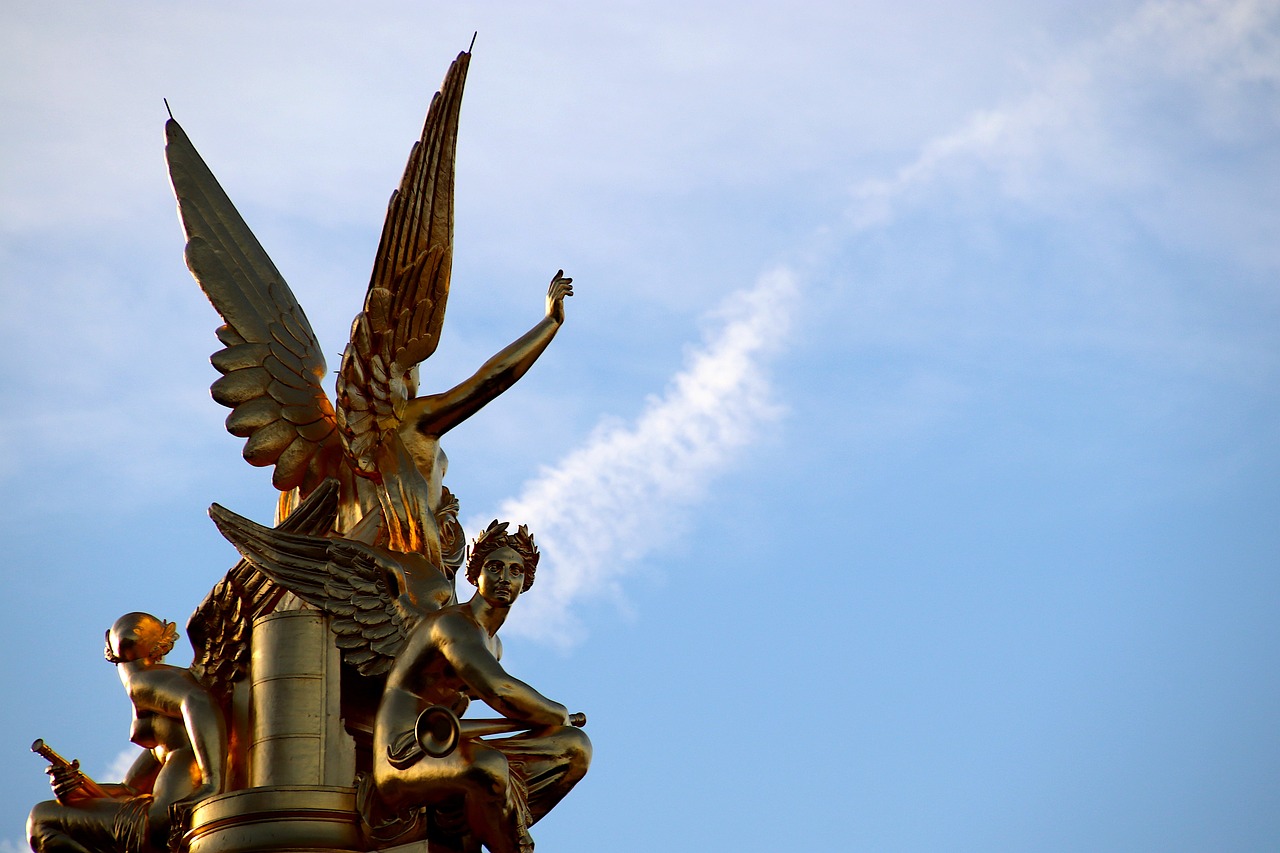
Digital Heritage and Virtual Diplomacy
Digital Heritage and Virtual Diplomacy play a crucial role in today's interconnected world, where technology serves as a bridge between cultures and nations. In the realm of diplomacy, the digital landscape offers innovative ways to showcase cultural heritage virtually, transcending physical boundaries and reaching a global audience. Through digital platforms, countries can exhibit their rich heritage, artifacts, and traditions in immersive ways that engage and educate people worldwide.
One of the key advantages of leveraging digital heritage in diplomacy is the ability to preserve and disseminate cultural treasures without compromising their integrity. By digitizing historical sites, monuments, and artifacts, nations can ensure their preservation for future generations while making them accessible to a broader audience. Virtual tours and interactive exhibits enable individuals from diverse backgrounds to explore and appreciate cultural heritage in a way that transcends geographical constraints.
Moreover, virtual diplomacy through digital heritage provides a unique opportunity for cultural exchange and dialogue between nations. By sharing their heritage online, countries can foster mutual understanding, respect, and appreciation for each other's traditions and values. Virtual platforms serve as virtual meeting grounds where people from different parts of the world can connect, learn, and collaborate, promoting a sense of global citizenship and unity.
Furthermore, digital heritage enhances diplomatic engagement by facilitating cross-cultural communication and collaboration. Through online exhibitions, cultural events, and virtual experiences, countries can showcase their cultural diversity and creativity, fostering positive interactions and relationships on a global scale. Digital diplomacy opens doors for dialogue, cooperation, and partnerships that transcend political boundaries, contributing to a more interconnected and harmonious world.
Frequently Asked Questions
- What is the significance of cultural heritage in diplomacy?
Cultural heritage plays a vital role in diplomacy by serving as a bridge between nations, fostering mutual understanding, and promoting international cooperation. It helps in building connections beyond borders and creating a shared sense of history and identity.
- How does the preservation of cultural heritage sites contribute to diplomatic relations?
Preserving cultural heritage sites not only conserves historical landmarks and artifacts but also showcases a nation's commitment to respecting diverse cultures. This preservation effort can enhance a country's reputation on the global stage and strengthen diplomatic ties with other nations.
- What are cultural exchange programs and how do they impact diplomacy?
Cultural exchange programs are initiatives that promote cross-cultural communication by sharing traditions, arts, and values among nations. These programs help in fostering mutual respect, building trust, and enhancing diplomatic relations through cultural understanding and appreciation.
- How does heritage tourism contribute to diplomatic relations?
Heritage tourism to cultural sites not only promotes economic growth but also facilitates people-to-people interactions, leading to greater cultural exchange and dialogue between nations. It serves as a platform for promoting peace, understanding, and cooperation on an international level.









